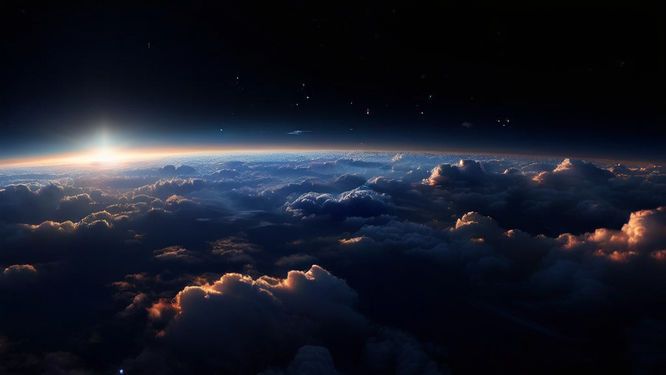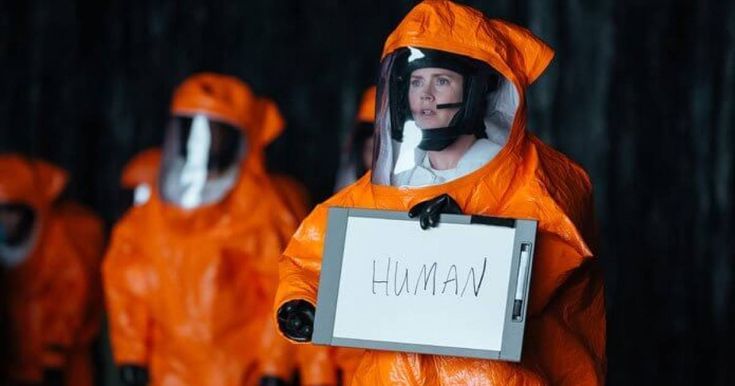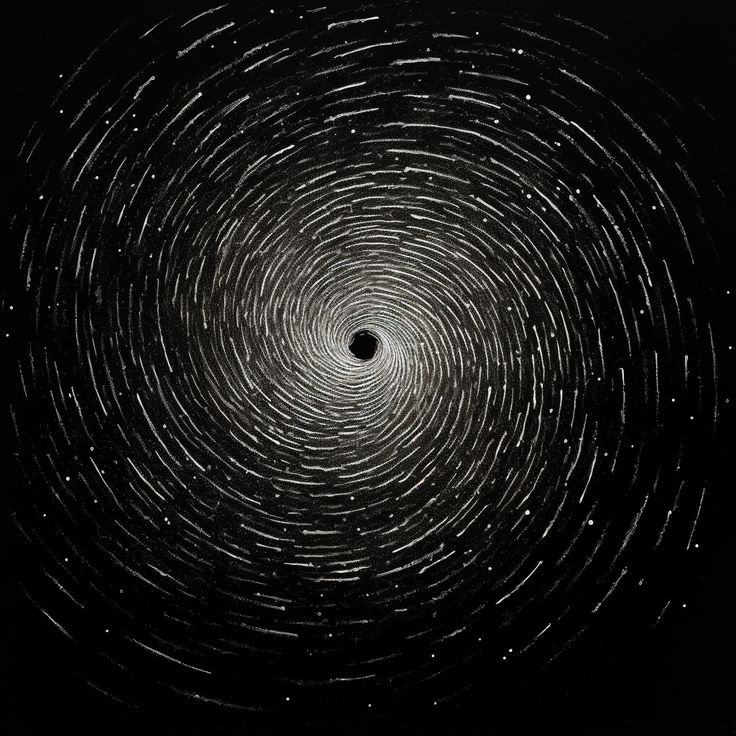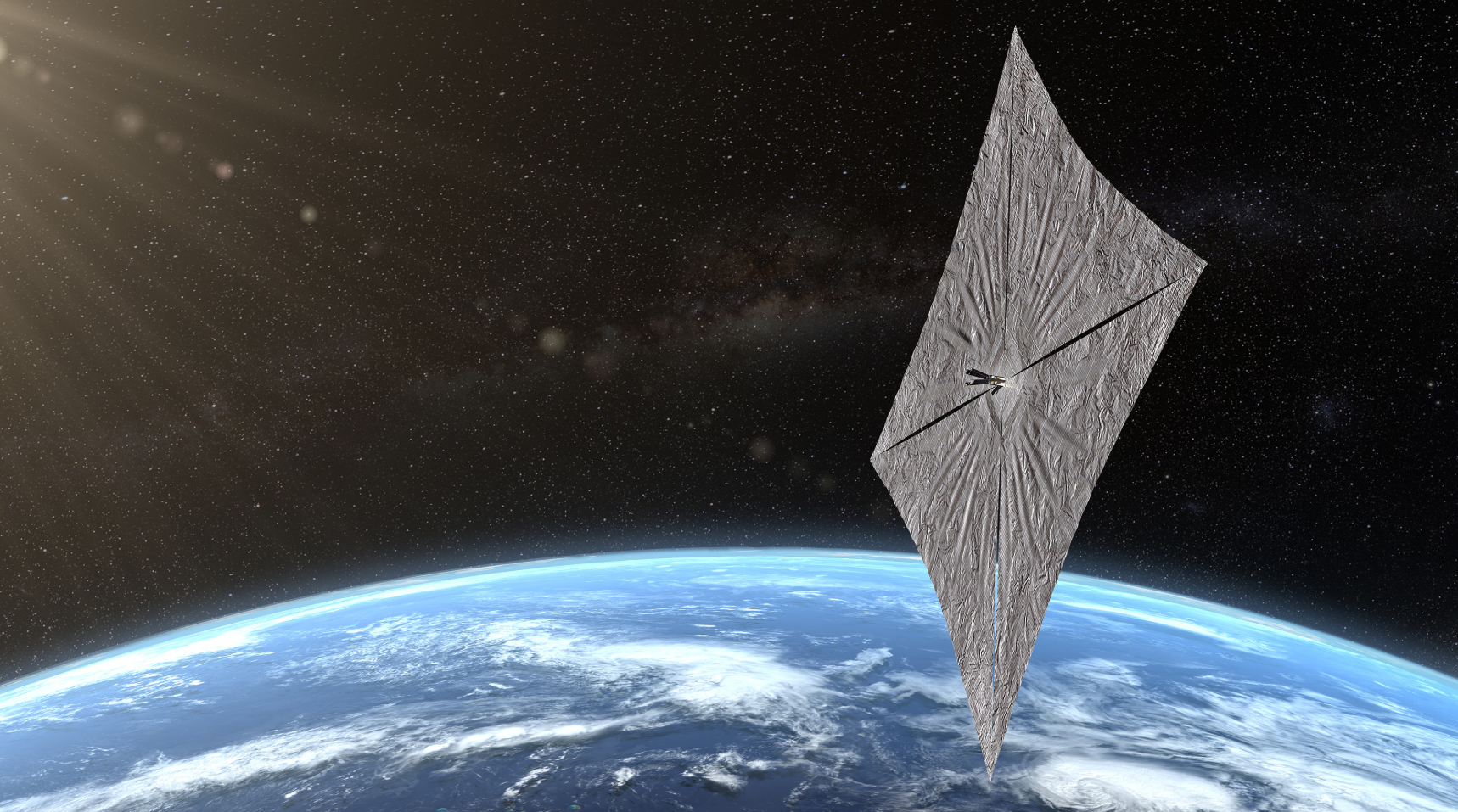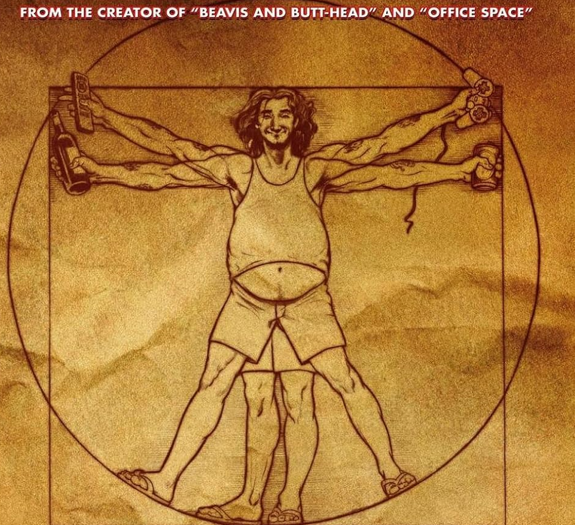Science fiction is not just about futuristic technology, space travel, or alien encounters—it’s a reflection of us as human beings. It fuels our imagination, inspires scientific progress, and, most importantly, teaches us profound lessons about ourselves. Some of the greatest sci-fi films have explored the depths of human nature, morality, survival, and the endless pursuit of knowledge. These movies go beyond entertainment; they challenge us to reflect on who we are, what we stand for, and how far we are willing to go in our quest for answers. Here, I will explore my favorite six sci-fi masterpieces that resonate deeply with the human experience.
1.The Three-Body Problem: The Consequences of Losing Faith in Humanity
Was humanity doomed the moment Ye Wenjie sent the message, or could things have changed?.

In The Three-Body Problem, we witness how a brilliant physicist’s childhood trauma and disillusionment with humanity lead her to betray Earth, believing that extraterrestrials would govern better than humans. Her life experiences turn her against her own species, showcasing how a person’s environment can shape their worldview in unimaginable ways. This story forces us to ask: What happens when civilization loses its ability to solve its own problems? How fragile is our faith in humanity? It’s a stark warning that our self-destruction might not come from an external force but from within.
2. Contact (1997): The Power of Curiosity and Perseverance
Science as a path to meaning, much like religion is for others.

Dr. Ellie Arroway, the protagonist of Contact, embodies the true essence of scientific curiosity. She is driven by an unshakable belief that we are not alone in the universe and fights against all odds to prove it. Her journey is not just about searching for extraterrestrial intelligence but also about the resilience needed to pursue knowledge in the face of skepticism and opposition. She teaches us that science is about believing in possibilities, embracing the unknown, and dedicating ourselves to learning. The universe is vast and full of unanswered questions—our role is to explore them fearlessly.
3. Arrival: The Language of Understanding and Empathy
The power of understanding rather than violence.

Arrival is more than just a film about alien communication; it is a philosophical masterpiece on human connection, fate, and perception of time. Dr. Louise Banks, the linguist at the center of the story, teaches us that understanding—whether of a language, a species, or each other—is the key to survival and peace. Her deep empathy and ability to see the bigger picture make her one of the most profoundly human characters in sci-fi. This film reminds us that our greatest tool is not just intelligence but our capacity for compassion.
4. Sunshine: The Battle Between Saving and Destroying Humanity

Is it rational decision-making, or is it the willingness to sacrifice for others?
Sunshine presents a gripping contradiction: scientists working tirelessly to save the world, while human nature itself threatens to doom it. The film explores themes of sacrifice, purpose, and the moral dilemmas that come with holding the fate of civilization in one’s hands. It is a powerful metaphor for the battle between progress and self-destruction that defines our species. The future of humanity will always be shaped by our decisions—will we be the saviors of our own civilization, or will we be the architects of our downfall?
5. The Abyss: The Thrill of Discovery and the Human Spirit
Do we fear extraterrestrial intelligence, or do we embrace it?

Much like Contact, The Abyss highlights the exhilarating pursuit of the unknown. The film’s protagonist, Dr. Lindsey Brigman, embodies optimism, brilliance, and an unwavering belief in the wonders of the universe. Her perspective reminds us that the greatest adventure is not in staying safe but in seeking knowledge. Finding answers in the universe is not just a scientific mission—it’s a human one. The best part of life is the journey of discovery, the thrill of uncovering the mysteries around us.
6. The Day the Earth Stood Still: The Price of Losing Our Humanity
If a species is destructive, does it deserve to continue?

This film raises an urgent question: What happens when humanity loses its moral compass? When we push beyond ethical limits, when war, greed, and destruction become the norm, who will be left to save us? The Day the Earth Stood Still warns us that if we continue down a path of self-destruction, we might reach a point of no return. In the movie, a single person, Helen, stands as the voice of reason and compassion. But will there always be a Helen to save the world? This film urges us to reflect on the responsibility we hold for our planet and each other.

